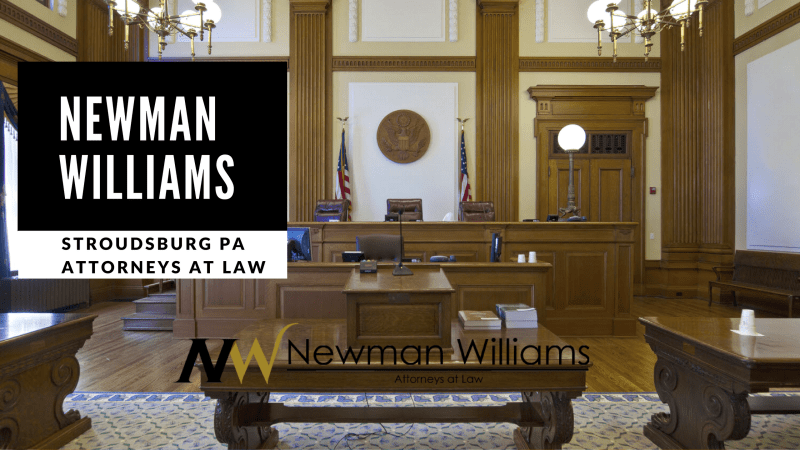

On June 1, 2017, the Ninth Circuit Court of Appeals ruled in Bauer v. Becerra, that a fee on firearms transfers to fund enforcement efforts against illegal firearm purchasers did not violate the Second Amendment.
The California program, established in 2001, enforces California’s prohibitions on firearm possession by identifying “persons who have ownership or possession of a firearm” yet who, subsequent to their legal acquisition of the firearm, later “fall within a class of persons who are prohibited from owning or possessing a firearm” due to a felony or violent misdemeanor conviction, domestic violence restraining order, or mental health-related prohibition. Essentially, these are people who passed a background check when they purchased a firearm. They later would not longer pass that check, yet still possess the firearm.
The fee that California charged permit applicants to cover the costs of these checks was nominal. The permit fee was $19 of which $5 was allocated for this identification program.
In its opinion, the 9th Circuited referenced District of Columbia v. Heller the Supreme Court’s seminal decision on Second Amendment rights.
The Supreme Court said in Heller that while there may be an individual right to bear arms, its holding should not “be taken to cast doubt on longstanding prohibitions on the possession of firearms by felons and the mentally ill, or laws forbidding the carrying of firearms in sensitive places such as schools and government buildings, or laws imposing conditions and qualifications on the commercial sale of arms.” 554 U.S. at 626–27. The Court described these categories of regulation as “presumptively lawful” and noted that this list was not intended to be exhaustive. Id. at 627 n.26.
In ruling that California’s nominal fee passed constitutional muster, the Ninth Circuit said: “Where a law poses a minimal burden on core Second Amendment rights in furtherance of an important government interest, the federal courts have universally upheld it. We do the same here.”
Unless and until the U.S. Supreme Court reviews the decision, the California fee may continue to be charged.

